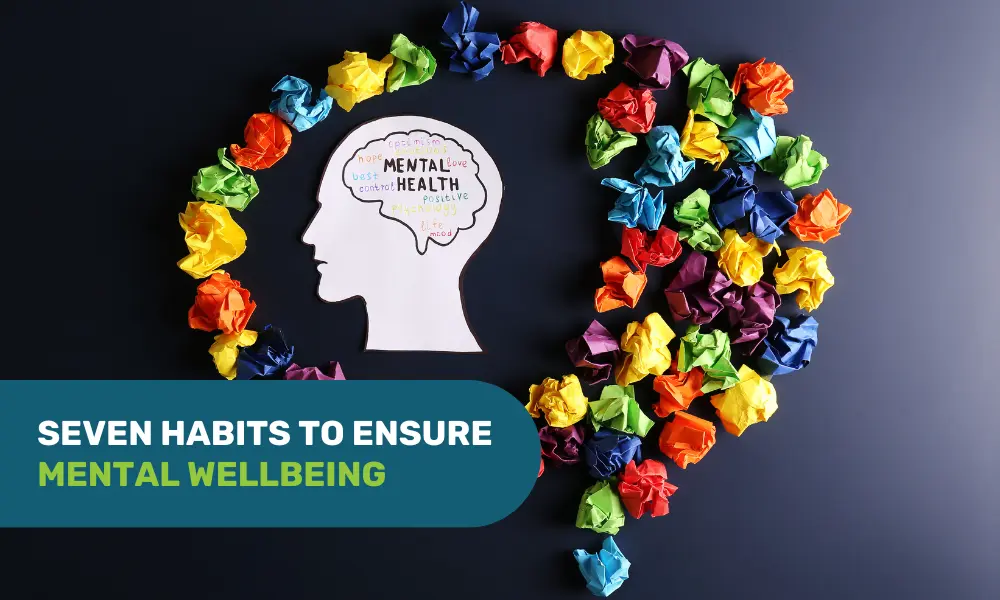In the past thirty years, the healthcare world has witnessed a sharp rise in lifestyle diseases and hormonal issues like thyroid, PCO, hypertension, diabetes, and several other health issues.
These diseases are impacting our overall well-being. It is crucial to manage these lifestyle diseases to have a healthy and active life.
The most important fact to know is that these problems are not lifelong. We must change our eating habits, and have a positive outlook towards life to prevent these health complications.
Table of Content
-
What is Hypothyroidism?
-
Complications that Hypothyroidism can cause
-
Symptoms of Hypothyroidism
-
Seven foods that will help in reversing Hypothyroidism
What is Hypothyroidism?
Hypothyroidism is when our thyroid gland does not produce sufficient thyroid hormone that regulates our metabolism. Hypothyroidism can happen to anyone. The symptoms of this condition at its initial stages are not apparent. However, if untreated, it may cause serious health complications.
Complications that Hypothyroidism can cause
Hypothyroidism may cause health problems, including:
-
Heart problems. People with Hypothyroidism tend to develop high levels of low-density lipoprotein (LDL) cholesterol (bad cholesterol), increasing their risk of heart disease and heart failure.
-
Goiter. Hypothyroidism may also cause the thyroid gland to become larger, leading to a condition called goiter, causing difficulty in swallowing, or breathing.
-
Peripheral neuropathy: Hypothyroidism, if not treated for a long time, can damage the peripheral nerves, causing numbness, tingling, and pain in the arms and legs.
-
Infertility: Lower thyroid hormone levels can interfere with ovulation, impacting fertility.
-
Birth defects: Babies that are born to people with untreated thyroid disease have a higher risk of birth defects compared to.
Symptoms of Hypothyroidism
Symptoms of Hypothyroidism include weight gain, fatigue, constipation, loss of libido, brain fog, dry skin, and more. Treatments for this condition are available but can also be controlled or managed with a proper diet.
Seven foods that will help in reversing Hypothyroidism:
-
Coriander seeds: Traditional medicine has also utilized coriander seeds for the thyroid gland. The seeds contain many antioxidant properties that help regularize hormonal balance.
-
Chia seeds are superfoods with essential nutrients that support thyroid function and other hormonal balance. It is rich in omega-3 fats that help prevent inflammation and improve hormonal balance.
-
Brazil nuts: These nuts are highly nutritious, packed with energy and one of the most concentrated dietary sources of the mineral selenium that may benefit our health in several ways, including regulating our thyroid gland, reducing inflammation, and supporting our brain, heart, and immune system.
-
White sesame seeds: Selenium is one of the most important minerals in making thyroid hormones. White sesame seeds have good contents of selenium. Therefore, they are the best dietary choice to combat thyroid.
-
Bell peppers: Bell pepper contains vitamins, such as vitamin A, riboflavin, and vitamin B6, that help boost the immune system and improve thyroid imbalances. Vitamin B6 is important for patients with Hypothyroidism because it boosts metabolism. The antioxidants in bell peppers also reduce infections in the thyroid gland.
-
Apple: Apples are abundant with pectins, which help detoxify the body from mercury, a critical metal connected to thyroid problems. Various studies have shown the benefits of apples in reversing hypothyroid function.
-
Drumstick: Drumsticks are rich in iron and iodine, which are beneficial for hypothyroid function. Regular consumption of drumsticks helps in reversing thyroid. Have boiled drumsticks before lunch and dinner for better results.
Hypothyroidism is a serious medical condition that can complicate our life if not treated. However, by adding the seven magic foods, we can control this condition along with having an active lifestyle and keeping a regular check on our thyroid levels.





